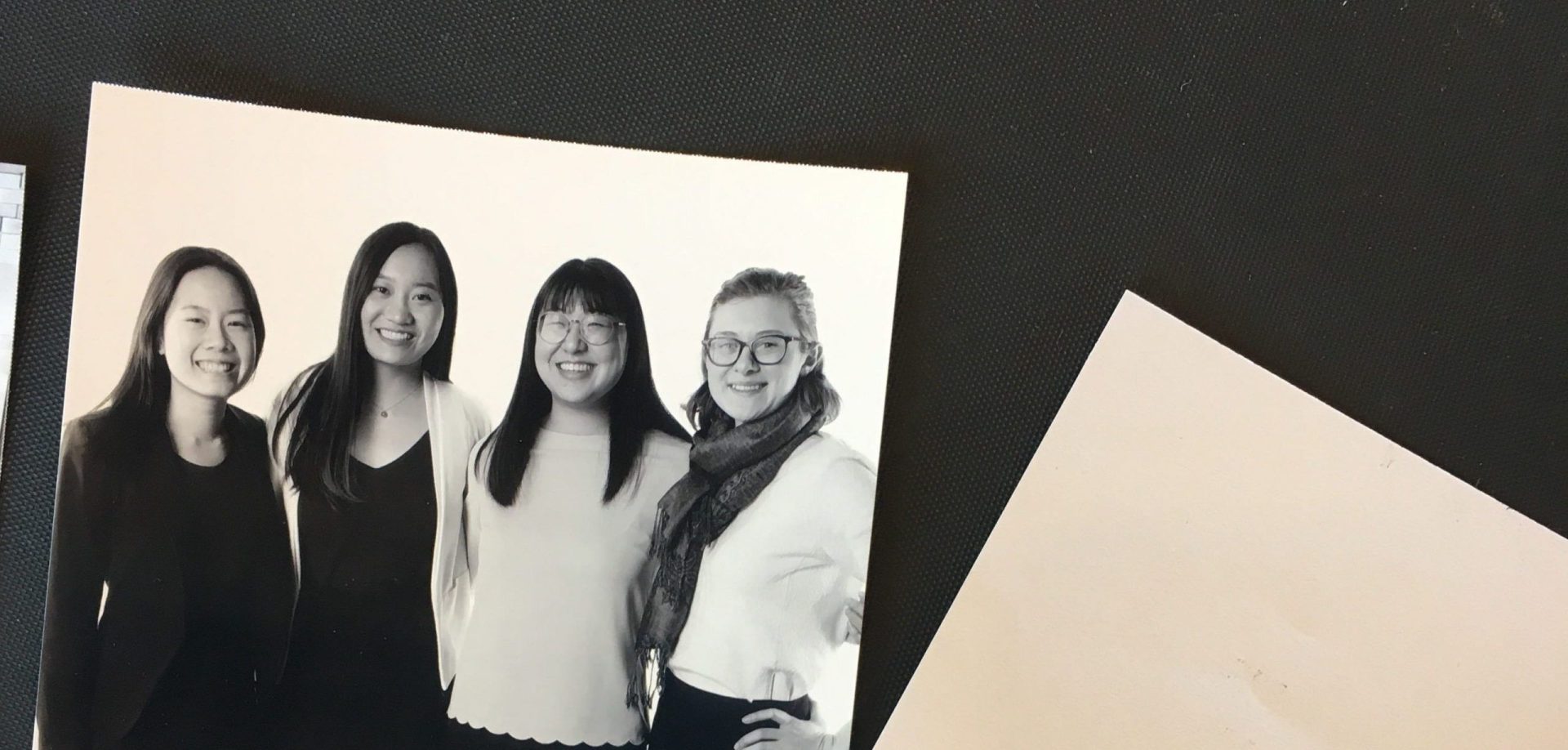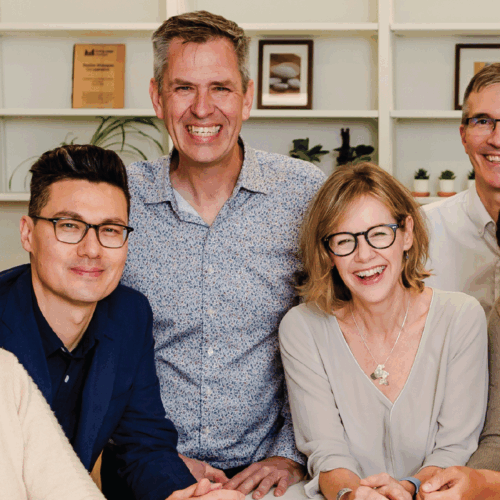Global Alliance For Banking On Values Summit – Reflections
Published on March 29, 2019
If I had gone to school just fifty years ago, I would have been hard-pressed to pursue my degree in International Relations. Combining Economics with Politics and History to prepare someone for their professional life was unheard of until recently. But, with the rise in technology and an increase in public awareness of what is going on in the world outside of our immediate communities, there subsequently became a need for an interdisciplinary lens in the business world. We can no longer deny that our actions as enterprises, whether Google-sized or a small mom and pop store, produce a negative ripple effect if we are left to be solely profit-driven.
Another thing you would be shocked to see half a century ago would be the involvement of banks in solving some of the world’s most pressing social challenges. However, in February I attended the Global Alliance for Banking on Values (GABV) Summit hosted by Vancity in Vancouver. CEOs and youth delegates alike were urged to forget any preconceived hierarchical perceptions such as those based on professional experiences, age, job titles, etc. This was to allow and encourage all participants to have an open conversation about Migration, Gender Equality, and Climate Change as egalitarian global citizens; each attendee’s voice, opinions and concerns were to be heard and given equal attention and consideration. Vancity President and CEO, Tamara Vrooman, discussed how banks are at the forefront of global social change: “The allocation of capital is probably one of the least talked about and most powerful tools we have. Who gets a loan and who doesn’t really determines the kind of future that we create.” (source)
A major theme of the summit that wove the three major social challenges together was to actively listen to the communities most often left out of the conversation. Tima Kurdi, a Syrian refugee whose nephew is known as “The Boy on the Beach” said that her nephew’s picture was “the wakeup call to the world…” and yet, she says, “The world [talked] about us but not to us.” Instead of surrendering to the idea of being another unheard voice in the worldwide migration challenge, Tima took on the system that failed her and so many others.
A major theme of the summit that wove the three major social challenges together was to actively listen to the communities most often left out of the conversation.
Just like Tima, the GABV did not want us to listen and be moved during this summit; they wanted us to make waves of change. During our small group discussions, we collectively brainstormed solutions to the challenges that migrants face:
- Redesign what financial risk truly means and if we are at a greater risk by sticking to traditional business models;
- Consider the barriers that cultural differences pose; and
- Include community members on your organization’s Board of Directors.
As we shifted our focus to the topic of gender inequality, it became more apparent that the GABV summit was about waking up to the fact that we cannot be successful as a community if we passively listen to all voices and only react to those that are the loudest.
Most notable of recent movements that social media platforms have given minorities an undeniable voice and rapid global reach is the #MeToo Movement. Dr. Musimbi Kanyoro of the Global Fund for Women makes the viable business case that, “Investing in women and girls is not only the right thing to do, but the smart thing to do.”
If ethics do not immediately prompt significant, possibly uncomfortable, change within an organization, the numbers will. Speakers at the GABV acknowledged that in order to tap into this immense resource, we need to take a different approach when implementing avenues of support for women across the globe. This could mean adapting Board participation expectations for new mothers, providing maternity and paternity leave, or offering loans to women leading grassroots initiatives. The key takeaway was that we all end up benefitting from the innovation that this diversity brings to our communities.
Throughout the two-day summit, we deepened our understanding of the word “diversity.” Instead of ticking off boxes to fill singular seats with token minorities, our collective call to action was to fight for equity in our decision-making processes. We do not need more of these leaders to speak on behalf of their community; we need to expect to see other members of these communities alongside these leaders and give their voices the fair recognition they deserve beyond a token seat at the table. The result of truly practicing inclusivity is seeing indicatives actively supported and sustained by the community because they are the ones who were consulted.
Instead of ticking off boxes to fill singular seats with token minorities, our collective call to action was to fight for equity in our decision-making processes.
More often than not, these major global crises affect those furthest away from the ability to shift the situation. In a powerful speech by Sheila Watt-Cloutier, renowned Inuit activist, she reminded us that many of our current traditional business practices impact the Inuit to a level that significantly decreases their quality of life. As the ice melts, so too disappear the Inuit traditions that rely heavily on their Arctic landscape. As decision-makers, we face the uncomfortable but necessary decision to shift the mindset of our scope of influence from narrow to international.
Sheila Watt-Cloutier said it best when she said that “[Leadership] means to never lose sight of the fact that the issues at hand are bigger than oneself. Leadership is about working from a principle, an ethical place within oneself…” The work we do at Realize Strategies both acknowledges and supports the difficult, often uncomfortable, work that social-impact leaders face. Whether it’s a culture shift, leadership coaching, risk assessment, transition or changes in leadership, we support purpose-driven organizations realize their goals through strong and effective leadership. Although change is challenging, it is necessary to build and nurture a solid and positive foundation for leadership to enable sustainable personal and organizational growth.
We are all experiencing monumental change as individual organizations within a connected world. As our environment and social constructs challenge us to rethink the way we do business, consider those who are not in the room and invite them to the table.



